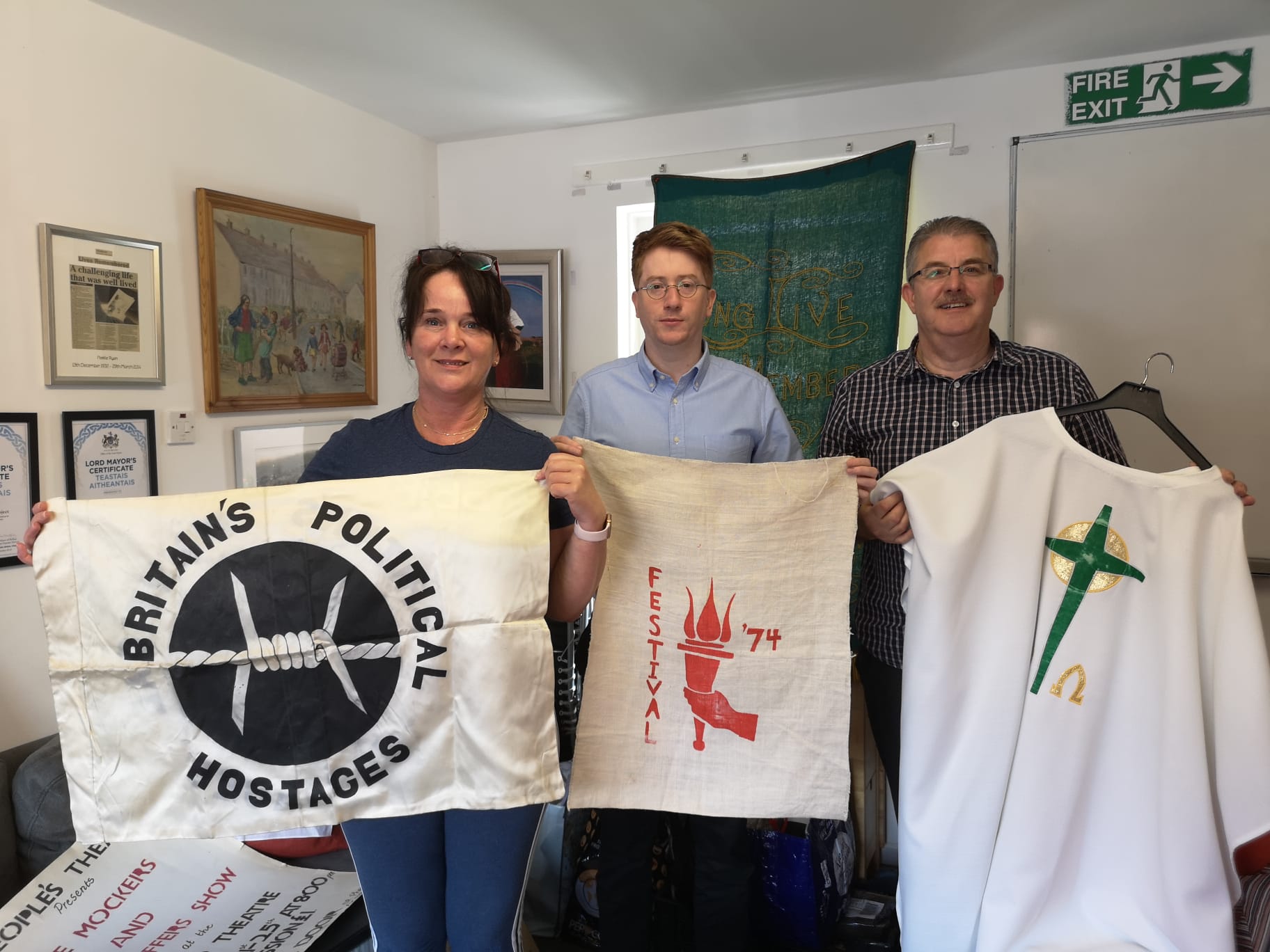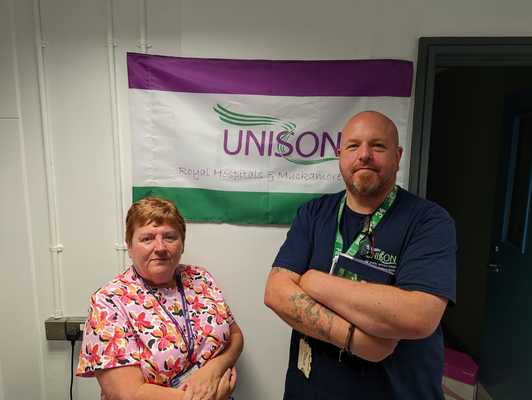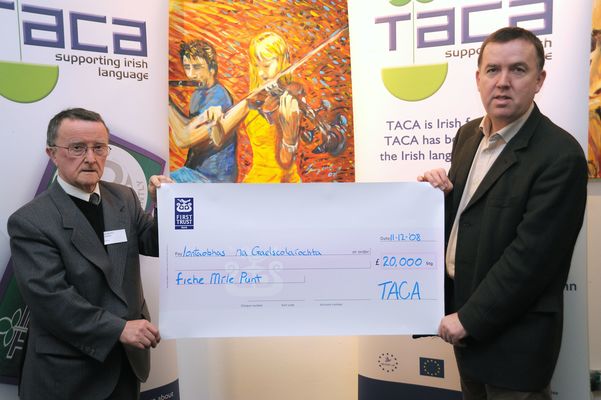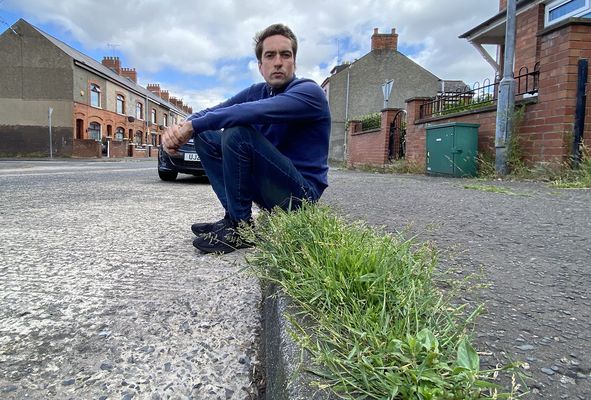SPRINGHILL Community House has officially launched the historic personal archives of its late founder, Fr Des Wilson.
Known as the People's Priest, Fr Des was a trailblazing advocate for the downtrodden and disenfranchised in West Belfast and far beyond.
His personal archives, made up of some 90 boxes of invaluable historical material, will go on display as part of the 50th anniversary of Springhill Community House.
Funded by the Lottery Heritage Fund, the project will be officially launched at the Conway Education Centre on Wednesday night.
Archive collator Tiarnán Ó Muilleoir, said the initiative will look to preserve the "vast range of documentary material" for "historians, researchers, and future generations".
"The project's initial aim is to survey the array of material that has been accumulated and make an appraisal of its enduring historical value," he said.
"After that our goal will be to catalogue and organise the collection in a physical space, so that it can be conserved properly, and can serve as a resource for historians, researchers, and future generations including curious members of the public.
"Finally, the long-term aim of the People's Archive project is to gradually digitise our collection, and to establish a permanent archival space in West Belfast for a wider range of Troubles-related documents and artefacts to be preserved in the same manner, perhaps in a Father Des Wilson interpretive centre."
Mr Ó Muilleoir said the archive will help catalogue the historic struggles and triumphs of the Upper Springfield community.
"The story of the Upper Springfield, and how its community both suffered and resisted great oppression during the conflict which took place in the North, has already been well-documented in a number of excellent local histories, including works by Gerry Adams, Ciarán de Baróid, as well as those produced by Des' own printing initiative, Glandore Publishing," he said.
"What the People's Archive seeks to do is to complement these histories with a wider range of documentary material, to give a deeper and more tactile insight into how one working-class nationalist community in the North -– and an outstanding individual within it, Father Des – endured and overcame such adversity.
"The Ballymurphy/Springhill story is really just a more pronounced example of the general experience of similar communities across West Belfast and the North after '69, as civil resistance fed into a wider process of politicisation and community self-initiative, and the same range of political and cultural memorabilia will have been generated.
"We hope that our project can serve as a basis for beginning the process of identifying and conserving a lot of this invaluable historical material before it's too late"
The archivist hailed Fr Des as a man who was – theologically, politically, socially, and morally – "far ahead of his time".
"A lot of his arguments from the 1960s onwards – the need for the Catholic Church to modernise, the refusal to engage in one-sided condemnation of violence during the Troubles, his defence of the inviolable rights of the poor, of prisoners, of minorities, and of women – all set him apart from not just religious but even secular opinion of his time, and the steadfast energy which he devoted to those causes can serve a source of inspiration to us all."








